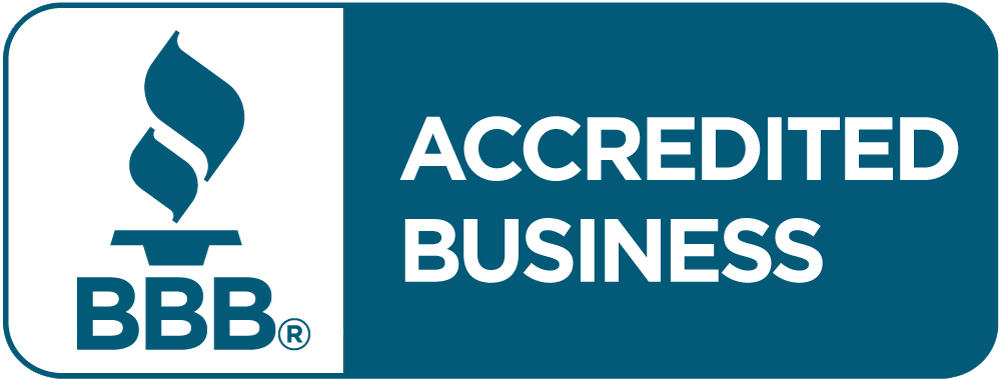Access Control Technologies in North & South Carolina
Access Control for Commercial, Retail, or Business Environments

Our access control management solutions allow you to control, track and manage access to any facility for improved employee and visitor management. We add value to your operations with managed access control and handle all phases of access control system layout and configuration, installation, maintenance, inspections and testing.
Criteria for choosing an Access Control System
Choosing an access control system involves several criteria to ensure it aligns with your security needs, operational requirements, and budget. Here are some essential factors to consider:
- Security Requirements: Identify your security needs, such as controlling who can enter specific areas, monitoring access attempts, and integrating with other security systems like alarms and cameras.
- Scalability: Consider whether the system can scale with your organization's growth. It should accommodate changes in the number of users, locations, and access points.
- Integration: Ensure compatibility with existing security infrastructure, such as CCTV cameras, alarms, and management software. Integration capabilities streamline operations and improve overall security effectiveness.
- User Friendliness: The system should be intuitive and easy for both administrators and end-users to operate. Complicated systems may lead to errors and user frustration.
- Authentication Methods: Evaluate the authentication methods supported by the system, such as PINs, access cards, biometrics (fingerprint, iris, etc.), or mobile credentials. Choose methods that suit your security level and user convenience.
- Flexibility: Look for a system that offers flexibility in assigning access rights. It should allow you to easily grant or revoke access permissions based on roles, time schedules, or specific events.
- Remote Management: Remote management capabilities are crucial, especially for organizations with multiple locations or off-site access points. Administrators should be able to monitor and manage the system remotely.
- Audit Trails and Reporting: The system should provide detailed audit trails and reporting features. This helps track access events, identify security breaches, and comply with regulatory requirements.
- Reliability and Redundancy: Choose a system with built-in redundancy and failover mechanisms to ensure continuous operation, even during system failures or network outages.
- Compliance Requirements: Consider any industry-specific regulations or compliance standards (e.g., HIPAA, GDPR, PCI DSS) that may impact your access control system requirements.
- Cost: Evaluate the total cost of ownership, including initial setup costs, licensing fees, maintenance, and ongoing support. Consider both short-term and long-term expenses when making your decision.
- Support and Maintenance: Ensure the vendor provides adequate support and maintenance services. This includes software updates, technical support, and training for system administrators and end-users.
By carefully considering these criteria, you can select an access control system that meets your organization's security needs while offering scalability, flexibility, and ease of use.
The Benefits of Business Access Control Systems
- Prevent unauthorized access
- Restrict access based on employee roles
- Simple to manage access credentials
- Verify vendors and suppliers and setup trusted ones
- Know entry and exit times
- Reports (time of day, daily, weekly and more)
- Protect your people/assets
- Centralized lockdown in events of security threats/emergencies



